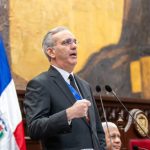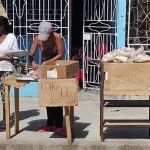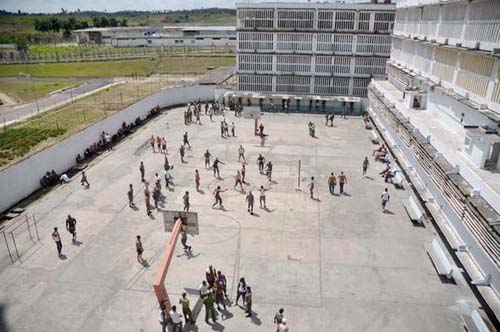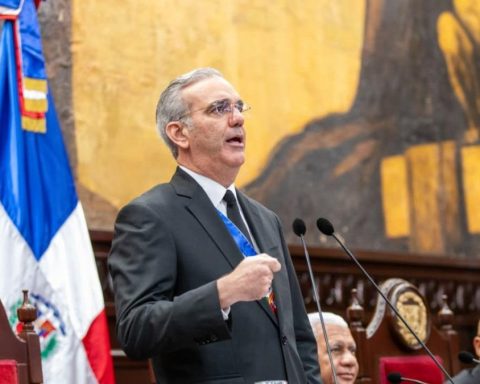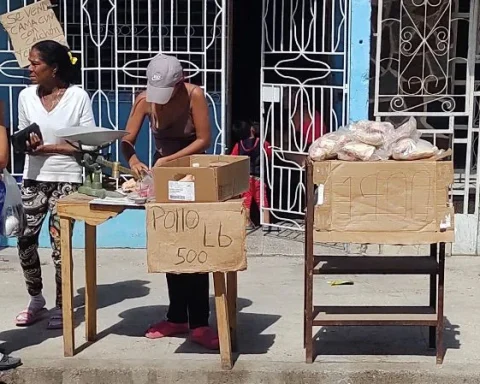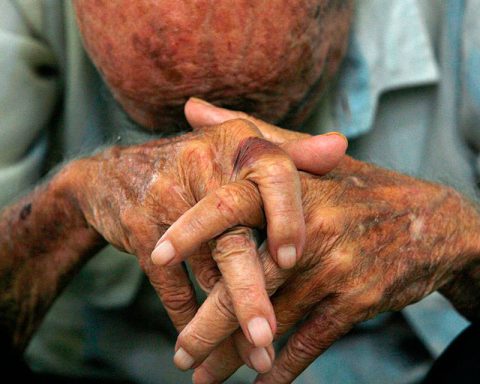Carolina Gomez Mena
Newspaper La Jornada
Sunday September 4, 2022, p. 8
In the first year of the pandemic, economic transfers from social programs of the federal, state and municipal governments, helped contain and prevent a further increase in poverty levels
in the country, said José Nabor Cruz Marcelo, executive secretary of the National Council for the Evaluation of Social Development Policy (Coneval).
detailed to the day that without the social transfers of the programs of the three levels of government, the indices of poverty would not have been 43.9 percent, but would have been located at 45.9 percent
. Thus, the increase would not have been 2, but 4 percentage points.
He added that once the National Institute of Statistics and Geography publishes in July 2023 the data from the National Household Income and Expenditure Survey (Enigh), and based on that information, in August Coneval will make known the results of the new estimate of multidimensional poverty in 2022
it will be possible to have a better idea of the role of these transfers.
The Enigh began to rise last August and the process is expected to conclude in November. The head of Coneval indicated that now, after the worst part of the pandemic, there are slightly more favorable social conditions
then it could be seen if transfers from social programs continued in the containment role or even propitiated some reduction in poverty levels
.
He stressed that what most affects the decline in poverty is the policy of increasing the minimum wage, which has been beneficial, both in the context of the pandemic and the fall in gross domestic product in 2020
. He added that “despite this effort, we continue to maintain a gap between the average income of people who work in the formal and informal spheres.
“The data for the second quarter of 2022 is that on average a person who is in the formal sector earns 9 thousand 311 pesos and who declares to work in the informal sector of the economy, 4 thousand 544 pesos, that is, the formal earn on average the double. Therein lies, and it is a personal assessment, the problem that there has not been a greater reduction in poverty levels.
As long as a gap is maintained with lower incomes on average for informal workers, who are the largest number of those who work in the country, progress in terms of poverty will undoubtedly be very low. The challenge is to increase formal employment; that should be a priority policy so that it has a positive impact on poverty reduction.






